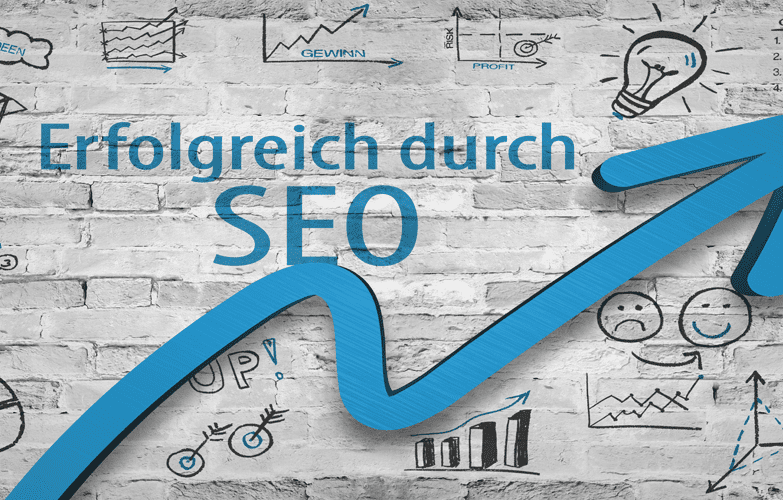The Ultimate Guide to Understanding International SEO
International SEO is very different to normal SEO and requires a much more unique approach. If you want to take […]

International SEO is very different to normal SEO and requires a much more unique approach. If you want to take your company worldwide, then this is very easy to do. After all, you simply add some extra shipping destinations to your site, hire a good international courier and you’re good to go, right? Unfortunately, with SEO, it isn’t this simple. There are a few steps that you need to take to ensure that your campaign is successful. Take a look below to find out more.
Algorithms are Built by People
Algorithms and websites are built by people. This tends to happen in an environment where English is the predominant language, without any kind of multilingual approach. The web doesn’t tend to adapt well to different cultures and languages.
So what does this mean for your strategy? It essentially means that it is impossible for you to rinse the content you have now, and repeat whatever is working for your English-speaking market. Creativity is key. Your content configuration should synchronise with your end market. You need to find out how your target audience are behaving, the competitors you have and more, so you can adopt a strategy that works for you and your international audience.
How Damaging is Failing to Implement International SEO?
Marks and Spencer are a very popular British retailer, and they also have a dedicated site that is entirely for German users. The issue? People in Germany, who type in Marks Spencer on Google, are presented with the English version of the site. Only 56% of the German population speak English, and if you put yourself in their shoes, you will see what a frustrating buying experience this can be.
This is why international SEO is so important if you want to expand your business. It’ll work wonders for your customer satisfaction, and you may even find that you are able to break into a new market much easier.
Google’s Understanding of Different Languages can Vary
Search engines are able to speak two different languages- you have HTML and content. Google can easily understand headers, menus, footers and even the relationship between entities and information. That being said, content is a whole other story. If you got hit by the Panda update, then you’ll know that bad content is not tolerated. SEO practices have changed forever as the result of this update, but the problem is that it has always been English-focused.
Other languages often drag behind. If you want to leverage your business on an international level, it is imperative that you take the time to fill your site with high-quality content. This is imperative if you are considering creating a German version of your site when it comes to product sales or services as opposed to using the auto-translate feature.
Technology Tends to Be English-First
If English is your first language, you probably won’t be familiar with special characters in your file names or your URLs. You may also not know that meta data and tags allow full sentences of English, yet only a few words in German, or even French.
English has two major implications in terms of your strategy. They are special characters and information density. English, as a language, has the highest amount of information density. You can escape the difference in density when speaking, but in writing, there is no avoiding it. If you do not have a good SEO strategy when it comes to special characters, then you will need to talk with your development team to find the best solution that works for you and your team.
Think about your International Backlink Profile
Your backlink profile is one of the strongest signals when it comes to your SEO. If you have a very rich profile of local publications for the country you are targeting, then this will indicate that you are relevant to the destination and this will help you to rank. It’s important to know the media landscape for the country you are trying to break into.
Find out who is authoritative in the country and know the media outlets. It’s also important to know how links are built. In some markets, buying links is common. In other markets, not so much. If you can understand this concept, it’ll help you with your international SEO strategy.